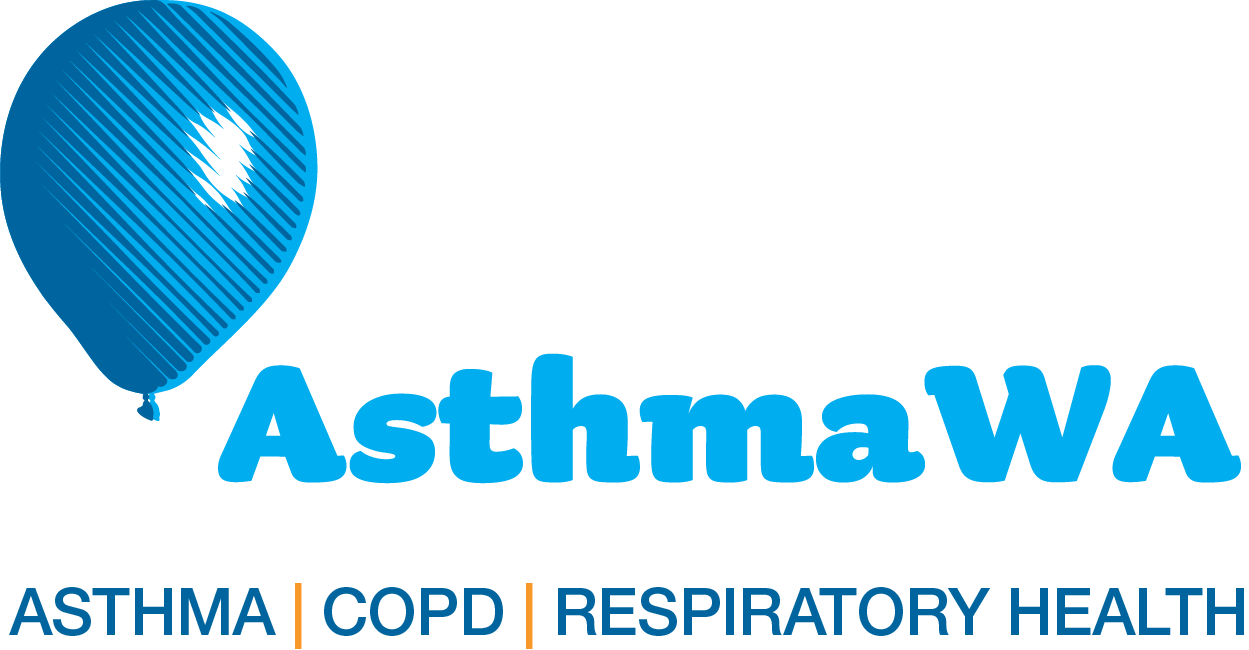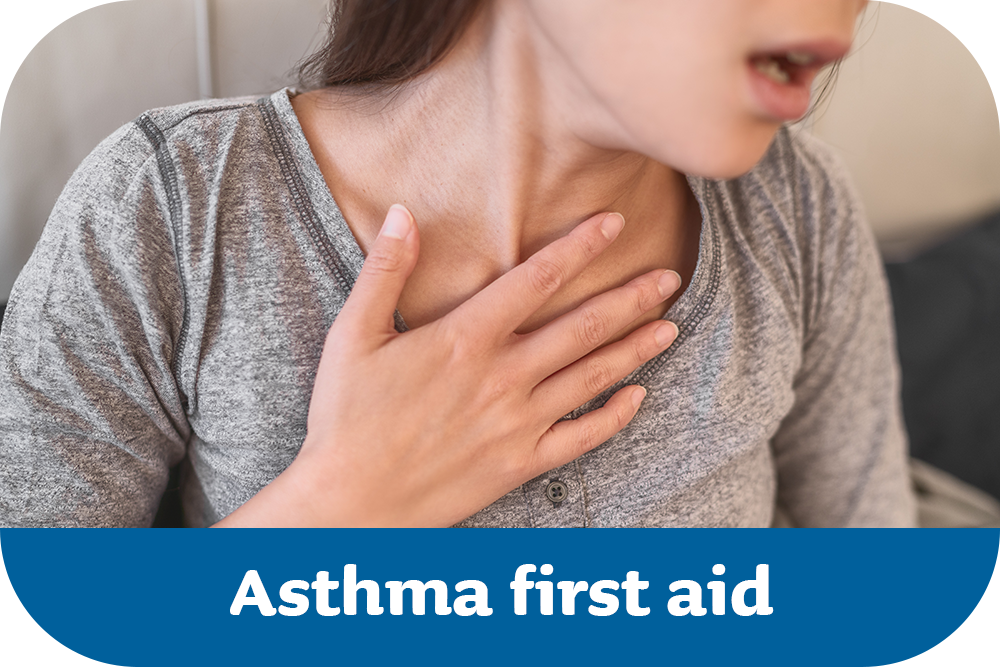
Allergic rhinitis (commonly known as hay fever) is an allergic reaction in the eyes and/or nose caused by allergens in the air that we breathe in. Around 80% of people with asthma also have allergic rhinitis and when managed correctly results in better asthma control.
In the same way that asthma causes inflammation and swelling to the airways in our lungs, the inside lining of our nose, mouth and throat can be sensitive to allergens becoming irritated and swollen.
People with allergic rhinitis may experience one or more of the following symptoms:
- Itchy, or watery eyes
- Itchy, runny or blocked nose
- Sneezing
- Needing to clear your throat frequently
- Snoring
- Breathing more through your mouth
- Feeling like you often have a head cold
The symptoms of allergic rhinitis can cause further complications such as:
- Poor sleep, or being tired during the day
- Poor concentration
- Headaches
- Frequent sore throats
- Hoarse voice
- Facial pain or pressure
- Reduced sense of smell
- Recurrent sinus infections in adults
- Frequent ear infections in children
- Breathing problems even when your asthma is well controlled
Some people may experience symptoms at certain times of the year while others may experience allergic rhinitis all year round.
People with asthma are sometimes not aware they are experiencing hay fever, with their symptoms being mistaken for asthma. Here are some common symptoms of asthma:
- Feeling short of breath
- A feeling of tightness in the chest
- Wheezing – a continuous, high pitched sound coming from the chest while breathing
- Coughing
People who have allergic rhinitis and asthma, may have more hospital or emergency visits and more time off work or school than other people with asthma. Effective treatment of allergic rhinitis may help to reduce the risk of a severe asthma flare-up.
Know your triggers
Identifying, and avoiding or minimising exposure to your confirmed allergens may help to control your asthma and allergic rhinitis.
The most frequent allergens that affect people are:
- Dust mites
- Pollen including grass pollen (late spring and early summer may exacerbate symptoms)
- Pets/animals (including urine, dander)
- Mould
People might be triggered by either one or a combination of these allergens.
For more information on allergens, visit Australasian Society of Clinical Immunology and Allergy.
There are a range of methods you can reduce your exposure. It is important to talk to your doctor first to confirm your allergy and if minimisation methods will be of benefit. Some suggestions include:
- Vacuum and dust surfaces with a damp cloth regularly
- Remove soft toys from bedrooms or wash weekly in hot water over -60° Celsius. Do the same for your bed linen.
- Close doors and windows on high-pollen or windy days and stay indoors, if possible
- Plant low allergen plants in the garden, such as plants that are not wind pollinated or Australian & New Zealand natives.
- Use dust mite resistant covers on mattresses, pillows and doonas
- Avoid having pets in the main living areas and bedrooms or consider keeping your pet outside.
Looking for dust mite covers?
Visit the Asthma WA Online Shop to view a range of products include dust mite covers.
Treat your allergic rhinitis
There are a range of effective treatment options available to help manage your allergic rhinitis. Speak to your doctor or pharmacist about asthma and allergic rhinitis before commencing any new treatments. This will help to determine the most appropriate treatment options for you.
Some treatment options to consider include:
- Preservative-free nasal saline sprays/irrigation to clear and soothe the lining of the nose
- Antihistamines (nasal sprays, tablets, eye drops and syrups)
- Corticosteroids nasal sprays may be effective in controlling itching, sneezing, runny/blocked nose and eye symptoms. Some of these sprays are available over the counter from pharmacies, however, some may require a prescription.
- Decongestant (oral or preservative-free nasal spray)
- Allergen-specific immunotherapy/desensitisation
- Allergen avoidance
It is important to discuss your treatment options with a GP or pharmacist to make sure you are using any medications correctly and safely. If allergic rhinitis affects you all year round some of the treatment options can be taken long term with few side effects.
When using a nasal spray, follow the manufacturers instruction carefully or ask your GP/pharmacist to show you the correct technique to make sure that you get the most benefit.
Asthma WA’s Respiratory Health Educators and Nurse can also help you with getting the correct technique for using nasal sprays and irrigation as well as asthma/COPD medications.
Before starting a hay fever treatment, be sure to tell your pharmacist and/or doctor of any other medical conditions, if you are pregnant, taking other medications or experience nose bleeds.
Be prepared
If your allergic rhinitis causes your asthma to flare-up, be prepared and carry your reliever with you are all times. Ensure your Asthma Action Plan is up to date and follow the steps as indicated.
Knowing asthma first aid is important for you and those around you. Find out more about the signs of an asthma flare-up and what to do in an asthma emergency.
Our experienced team of Respiratory Health Nurses and Educators can help you to better understand asthma, symptoms, triggers, medications and asthma first aid.
Call our team on (08) 9289 3600 or 1800 ASTHMA (1800 278 462) to discuss your questions or book a free consultation with one of the team.
Other helpful materials can be found on our Resources page.





